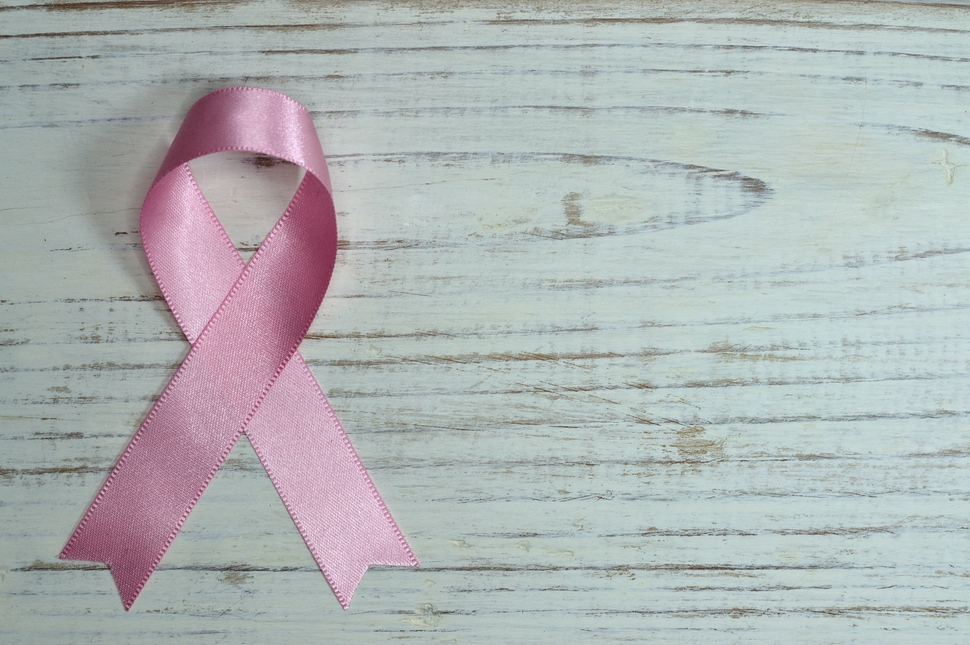
Breast Cancer Vaccine Enters Phase II
Jan 31, 2023Breast cancer is one of the most common cancers in the world. One if the biggest risk factors for breast cancer is being female, although around 1% of breast cancers occur in males. In the United States, it is estimated that approximately 1 in 8 females will develop breast cancer during their lifetime, and about 1 in 33 will die from it. Previous developments in research have increased the average 5-year survival rate for women in the US with non-metastatic invasive breast cancer to 90%, but more is still needed to be done. There are many forms of breast cancer, various stages, and optimal treatments vary between patients, making this an individual and sometimes difficult condition to treat.
Groundbreaking research is taking place at the University of Washington Medicine Cancer Vaccine Institute. For the last 20 years, researchers at this institution have been investigating a vaccine for breast cancer. In their recently published study in JAMA Oncology, they revealed the results of Phase I human trials: their experimental vaccine against breast cancer generated a strong immune response to ERBB2, previously known as HER2, a key tumor protein. High levels of ERBB2 in the body are associated with some of the most complex and aggressive breast cancers in females.
The study followed 66 candidates from ages 34-77 with advanced-stage ERBB2 positive breast cancer. Participants were vaccinated with either 10ug, 100ug, or 500ug doses of the plasmid DNA vaccine once a month for three months. Researchers carefully measured blood immunity and vaccine toxicity throughout the study and evaluated DNA persistence of the vaccine from the vaccination site at weeks 16 and 36. The most common side effects from the vaccine were flu-like symptoms (33%) and fatigue (36%). Participants given 100ug or 500ug of the vaccine exhibited a stronger immune response than those who received 10ug. There was no significant difference in immune response between the group who received 100ug and those who received 500ug.
The lead author on this study, Dr. Mary (Nora) L. Disis, said that the problem with current breast cancer treatment is “disease recurrence after optimal treatment”, as breast cancer can reoccur because a small amount of cancer can remain undetected and proliferate. She said, “Vaccines will stimulate T-cells which can be programmed to hunt down these last remaining cells in the body and kill them. Stimulating effective immunity is the only way I know we can sterilize the body from all breast cancer cells.” She believes there is a good chance that breast cancer vaccines will be in clinical use in about five years.
In Phase II, they will randomize HER2-low patients to receive the vaccine or an immune-stimulating agent to evaluate disease recurrence. This is the first well known study to evaluate an ERBB2 (or HER2) specific vaccine. Even though it is still in its early stages, the survival of patients was much more than expected. Some critics note that this study was not compared directly to patients who were not receiving the vaccine, and that it is too early to tell if this vaccine would replace existing treatments. Further studies will need to be done to see if this could be used as prevention as well as a treatment. Cardiac muscle also expresses HER2, and even though no cardiac side effects from the vaccine were reported, it is important to watch for that in larger studies. Others in the scientific community believe this vaccine has exciting potential and broader implications for using similar technology to treat other cancers.
Sources and Further Reading:
https://cancer.ca/en/cancer-information/cancer-types/breast/statistics
https://newsroom.uw.edu/news/breast-cancer-vaccine-safely-generates-anti-tumor-immunity#:~:text=An%20experimental%20vaccine%20against%20breast,by%20the%20journal%20JAMA%20Oncology.
https://jamanetwork.com/journals/jamaoncology/article-abstract/2797975
https://www.medicalnewstoday.com/articles/experimental-breast-cancer-vaccine-proves-safe-in-phase-1-clinical-trials